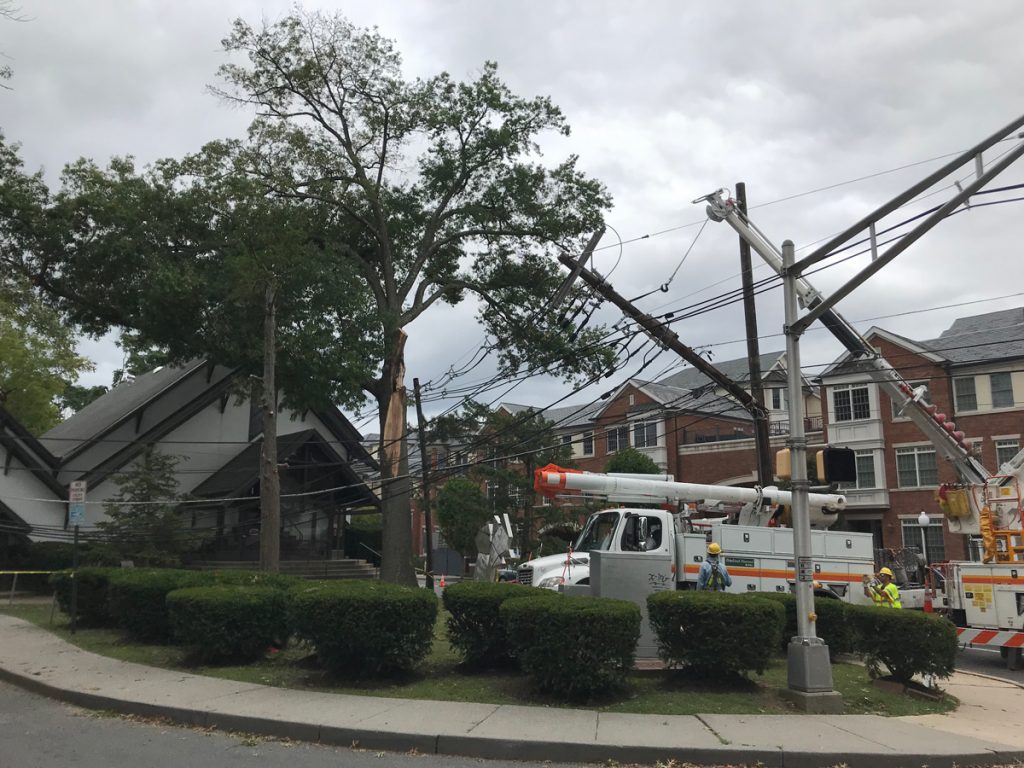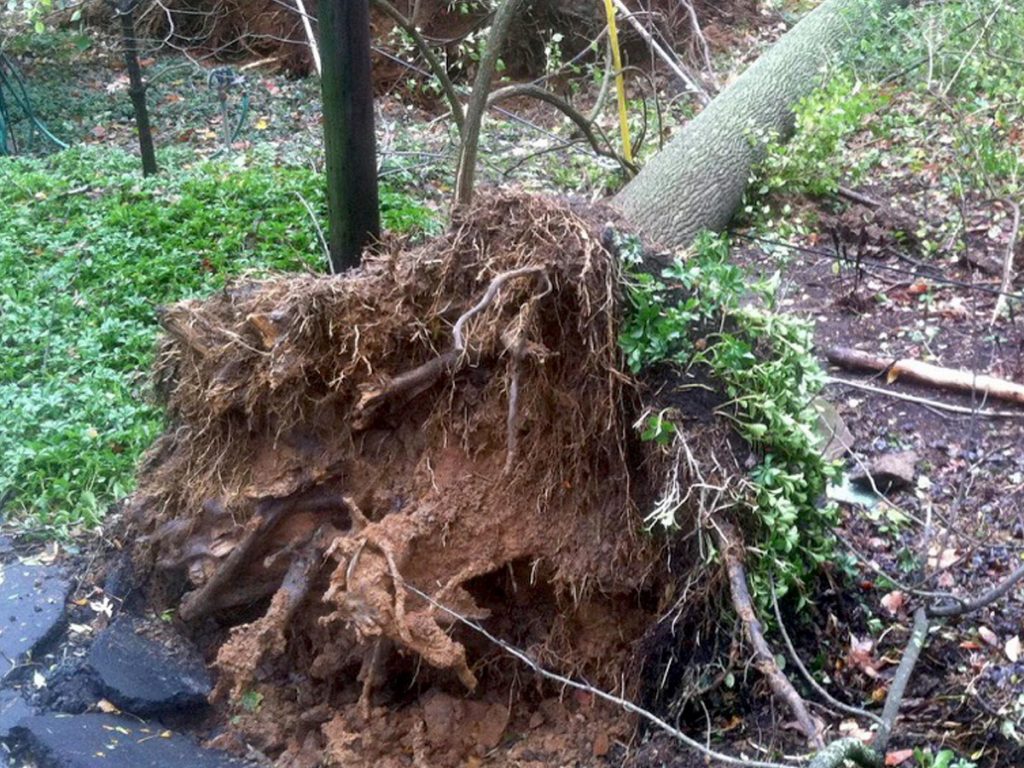Climate change is here. Extreme weather events — high wind, flooding, and hurricanes — are all too common in our region. There are things you can do to protect your home and family.
With a little effort, you can be prepared.
Consider the following actions for your home:
- Maintain gutters. Repair loose rain gutters and downspouts to reduce the chance of a flooded basement and to prevent wind or ice from pulling them down. Extend downspouts 10 feet away from your house.
- Clean gutters regularly. Clear gutters reduce the chance of back-ups and overflows during heavy downpours.
- Protect your gear. Identify a place to store or tie-down lawn furniture, outdoor toys, tools and trash cans to prevent them from damage or loss due to high winds or floodwaters.
- Revise your landscaping. Consider rain gardens or other green infrastructure on your property to increase stormwater absorption and reduce local flooding.
- Keep your home dry. Reinforce your home to reduce damage during a flood. Consult a professional if heating equipment, electric panel or key appliances are in flood-prone areas. Ensure plumbing has check valves to prevent stormwater from backing up into the drains of your home.
- Seal basement walls. Reduce the infiltration of water into your basement by sealing walls with waterproofing compounds.
- Consider protection. Standard homeowners insurance doesn’t cover damage from flooding. Learn about flood insurance at FloodSmart.gov.


When a storm is imminent, keep this advice in mind:
- Follow recommendations from local authorities regarding utility lines.
- Unplug appliances to reduce damage from potential power surges.
- Turn off propane tanks to reduce the risk of fire.
- Store or tie-down anything in your yard that can be picked up by the wind or floodwaters.
- Move valuables to higher floors.
Did you know?
- An ounce of prevention is worth a pound of cure. Every $1 spent to make buildings flood, wind and fire-resistant can save the nation $4 in future disaster costs.
- Know the risk. If you live in an area with low or moderate flood risk, you are 5 times more likely to experience a flood than a fire in your home, over the next 30 years.
